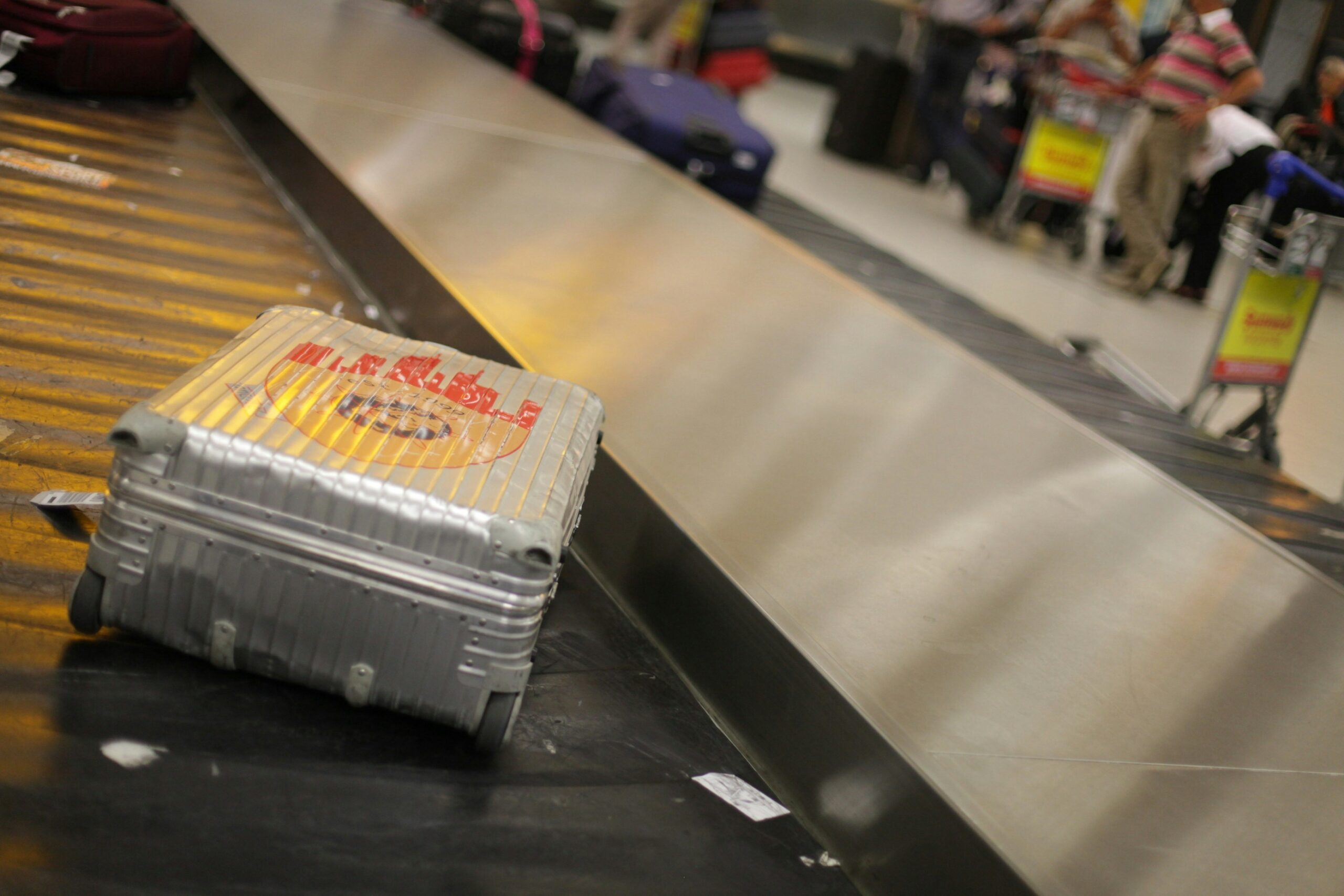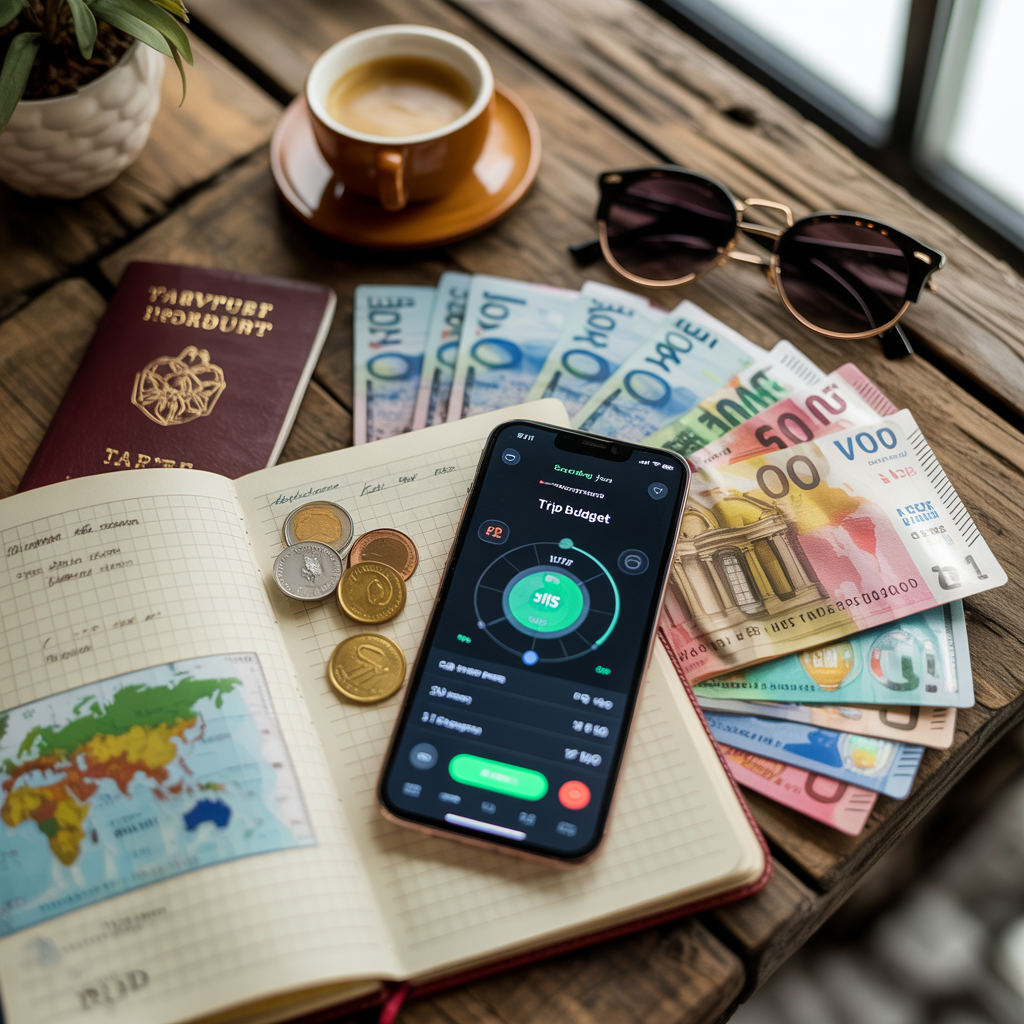AI and Cybersecurity for Digital Nomads
Protecting Your Data While Working Remotely
Cybersecurity for digital nomads is increasingly important as more professionals embrace remote work and travel. The flexibility of working from various locations offers unparalleled freedom but also exposes digital nomads to unique security challenges. Public Wi-Fi networks, device theft, and phishing attacks are common risks that can compromise sensitive information. By understanding these threats and leveraging advanced AI tools, digital nomads can significantly enhance their data privacy while on the go.
In this guide, we’ll explore the critical aspects of data protection, detailing how AI can bolster your defenses and offering practical tips to safeguard your data as you travel.
Understanding the Cybersecurity Risks Faced by Digital Nomads
The nomadic lifestyle often involves connecting to various networks and devices, increasing vulnerability to cybersecurity threats. These risks include unsecured public Wi-Fi, device theft, and phishing attacks.
Public Wi-Fi Networks
Public Wi-Fi networks, found in cafes, airports, and hotels, offer convenience but are notorious for their lack of safeguarding. These networks often lack encryption, making it easy for hackers to intercept data transmitted over them. This exposure can lead to unauthorized access to sensitive information, including passwords, financial details, and personal communications. Moreover, cybercriminals can set up rogue hotspots that mimic legitimate networks, tricking users into connecting and compromising their data.
To mitigate these risks, digital nomads should use a Virtual Private Network (VPN) to encrypt their internet traffic and protect against eavesdropping. A VPN creates a secure tunnel for your data, making it significantly more difficult for hackers to intercept or access your information.
Device Theft
The risk of device theft is another significant concern for digital nomads, who frequently carry laptops, smartphones, and other devices containing valuable data. A stolen device can lead to severe consequences if it is not protected by strong security measures. Thieves who gain access to your device can potentially retrieve sensitive information, including personal files, emails, and login credentials.
To safeguard against device theft, ensure that your devices are encrypted. Encryption makes the data on your device inaccessible without the correct decryption key. Both macOS and Windows operating systems offer built-in encryption tools, such as FileVault and BitLocker, respectively. Additionally, using strong passwords and biometric locks can add extra layers of security.
Phishing and Social Engineering Attacks
Phishing attacks involve tricking individuals into divulging sensitive information, such as login credentials or financial details, through deceptive emails or messages. Social engineering attacks use psychological manipulation to exploit human behavior and gain unauthorized access to systems or data. Digital nomads managing multiple accounts and online services are particularly vulnerable to these tactics.
To defend against phishing and social engineering, be cautious when clicking on links or downloading attachments from unfamiliar sources. Implementing multi-factor authentication (MFA) can also enhance security by requiring additional verification steps beyond just a password.
The Role of AI in Enhancing Information Security
Artificial intelligence (AI) has revolutionized cybersecurity by providing advanced tools and techniques to detect, prevent, and respond to cyber threats. For digital nomads, AI-powered solutions offer enhanced protection against the evolving landscape of cybercrime.
AI-Powered Antivirus Software
Traditional antivirus software relies on known malware signatures to detect threats. In contrast, AI-powered antivirus solutions utilize machine learning algorithms to identify and respond to new and unknown threats based on their behavior. These solutions analyze patterns and anomalies in real-time, providing robust protection against both known and emerging malware.
AI-driven antivirus software, such as Norton 360 and Bitdefender, continuously updates its threat database and adapts to new threats, offering comprehensive protection for digital nomads.
AI for Predictive Threat Detection
AI’s ability to analyze vast amounts of data allows it to predict potential threats before they occur. Predictive threat detection involves using AI algorithms to identify patterns and anomalies that may indicate an impending attack. This proactive approach helps digital nomads stay ahead of potential cyber threats by providing early warnings and actionable insights.
For example, AI-driven threat intelligence platforms analyze data from various sources to forecast possible attack vectors and recommend preventive measures. This predictive capability enables digital nomads to implement security strategies proactively rather than reactively.
Enhanced Two-Factor Authentication (2FA)
Two-factor authentication (2FA) adds an extra layer of security by requiring users to provide two forms of verification before accessing their accounts. AI enhances 2FA by incorporating behavioral analysis, such as tracking login patterns, geolocation, and device usage. This advanced 2FA system can detect unusual behavior and flag potentially unauthorized access attempts.
By leveraging AI for enhanced 2FA, digital nomads can significantly reduce the risk of unauthorized access to their accounts, even if their passwords are compromised.

Best Practices
In addition to utilizing AI-powered tools, adopting cybersecurity best practices is essential for protecting your data while traveling. Here are some practical tips to enhance your cybersecurity.
Use a Virtual Private Network (VPN)
A VPN is crucial for protecting your data when using public Wi-Fi networks. By encrypting your internet traffic, a VPN ensures that your online activities remain private and secure. Reputable VPN services, such as ExpressVPN and NordVPN, offer strong encryption, no-log policies, and fast connection speeds to protect your data from interception.
Keep Your Software and Devices Updated
Regular software updates are vital for maintaining cybersecurity. Updates often include patches for vulnerabilities that hackers can exploit. Ensure that your operating system, antivirus software, and applications are up to date to protect against known threats. Enabling automatic updates can help you stay current with the latest security patches.
Enable Device Encryption
Device encryption protects your data from unauthorized access if your device is lost or stolen. Both macOS and Windows offer built-in encryption tools: FileVault for macOS and BitLocker for Windows. Activating these features ensures that your data remains secure and inaccessible without the proper credentials.
Implement Strong Passwords and Use a Password Manager
Strong, unique passwords are essential for protecting your online accounts. Using a password manager like LastPass or 1Password can help you generate and store complex passwords securely. These tools also offer features like password sharing and automatic login, making it easier to manage multiple accounts securely.
Be Wary of Public USB Charging Ports
Public USB charging stations can be used to exploit devices through a practice known as “juice jacking.” Cybercriminals may use these ports to install malware or steal data from your device. To avoid this risk, use your own charger and avoid plugging your device into public USB ports.
Backup Your Data Regularly
Regular data backups are crucial for protecting against data loss due to device theft, damage, or malware. Cloud storage services like Google Drive and Dropbox offer secure backup solutions with encryption and access controls. Ensure that you back up important files regularly to prevent data loss.
Choosing the Right Tools
Selecting the appropriate tools is essential for protecting your data while working remotely. Here are some recommended tools and services for enhancing your cybersecurity.
VPNs (Virtual Private Networks)
A reliable VPN service is a must-have for securing your internet connection. When choosing a VPN, look for features such as strong encryption, a no-log policy, and high-speed servers. ExpressVPN and NordVPN are popular choices known for their robust security and performance.
Antivirus Software
AI-powered antivirus software provides advanced protection against malware and cyber threats. Look for solutions that offer real-time protection, cloud-based threat detection, and automatic updates. Norton 360 and Bitdefender are excellent options that leverage AI for comprehensive security.
Secure Cloud Storage
Using secure cloud storage ensures that your data is protected even if your devices are compromised. Look for services that offer encryption and access controls, such as Google Drive, Dropbox, and Tresorit. These services provide a secure environment for storing and accessing your files.
Password Managers
Password managers help you manage and secure your login credentials. They generate strong, unique passwords for each of your accounts and store them securely. 1Password and LastPass are highly recommended for their ease of use and robust security features.
Embracing Cybersecurity as a Daily Practice
Maintaining security as a daily practice is essential for digital nomads. Stay informed about the latest threats and continuously update your security measures to protect your data. By combining AI-powered tools with best practices, you can enjoy the benefits of remote work while minimizing the risks associated with cyber threats.













